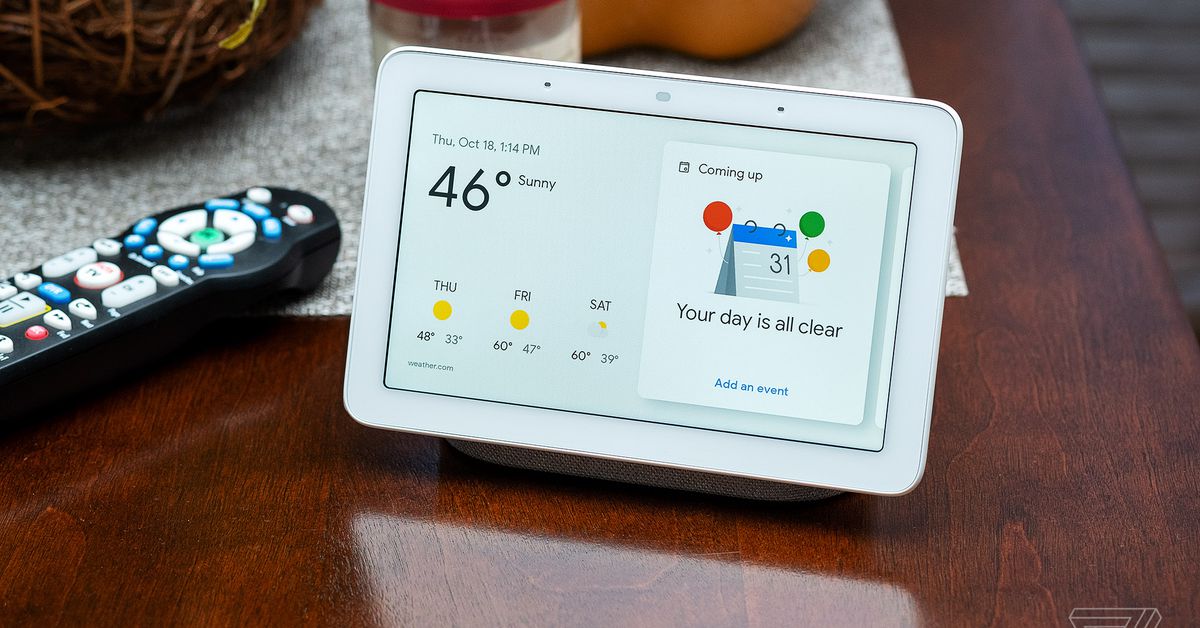
According to 9to5Google, Google believes it is time to bring its Fuchsia operating systems to other smart devices. Fuchsia, Google's latest operating system, was launched earlier this year to support the company's first-generation Nest Hub.
Google's plans for Fuchsia have been the subject of much speculation. Fuchsia unlike Android or Chrome OS does not use a Linux kernel. Instead, it uses a microkernel called Zircon. Its purpose remains ambiguous despite being public for more than five years. It was functionally identical to its predecessor software when it arrived at the Nest Hub. Fuchsia's future is revealed by the new job listings.
Its development to new form factors and use cases
It appears that Google now has a Fuchsia Devices group working on the operating software. This is a good indication of the company's importance. This team is responsible for ensuring that the Fuchsia platform can be successfully applied to real-world products that make a positive impact on Google and our users.
This listing also notes that Google is working on bringing Fuchsia onto other smart devices. This confirms that it is under development for devices other than smart displays. 9to5Google previously reported that the OS could be run on smart speakers.
Although there is no information about the new form factors, 9to5Google found another job listing that mentions the devices will have Chromecast, Video Conferencing, and Machine Learning capabilities. 9to5Google suggests that Chromecast refers to devices that allow you to cast video from another device to playback. This is in contrast to the Chromecast dongles that plug into a TV's back.
There is also a hint that Fuchsia might interact with non-Google partners hardware. This third job listing would be for someone who will ensure that Fuchsia brings maximum value to both partners and Fuchsia's products.
These hints do not offer any concrete information on Fuchsia's future. We will take what we can, considering how low-key Fuchsia's operating system has remained five years after its initial announcement.
